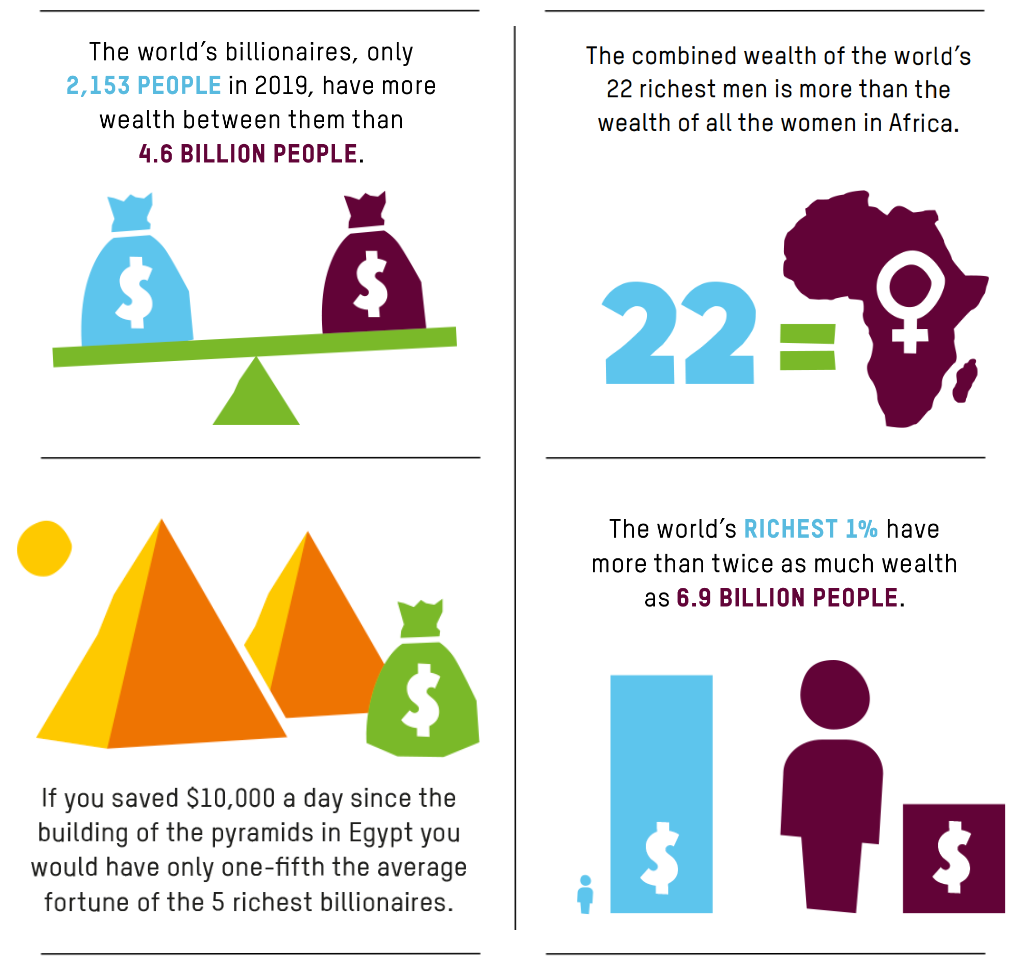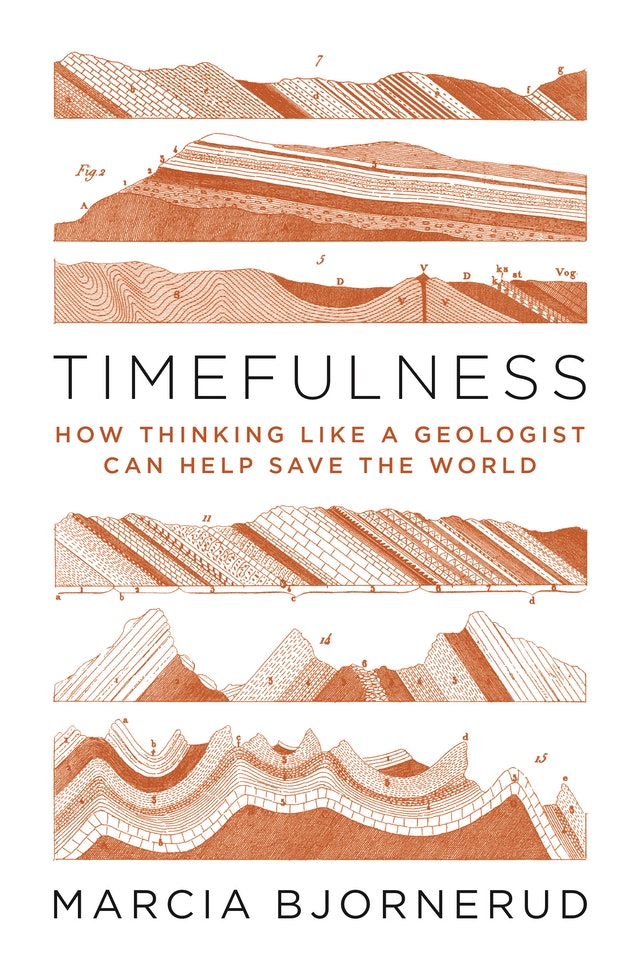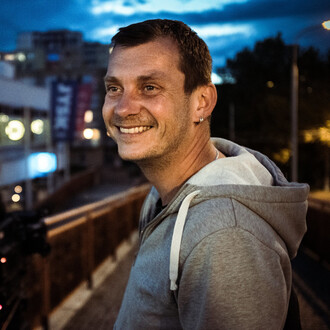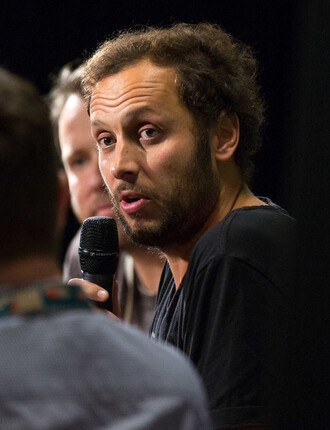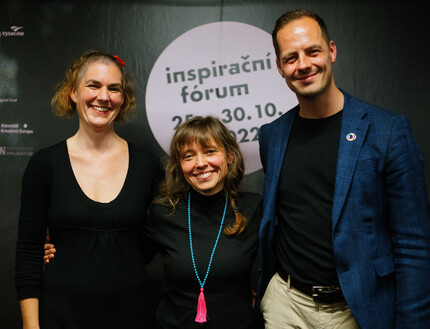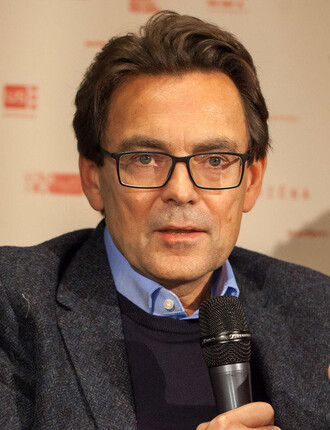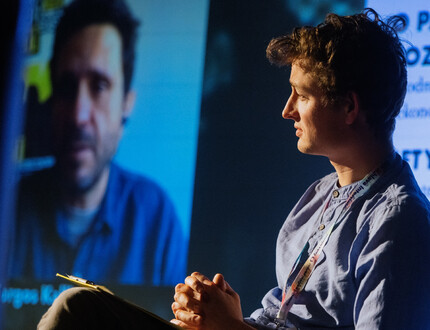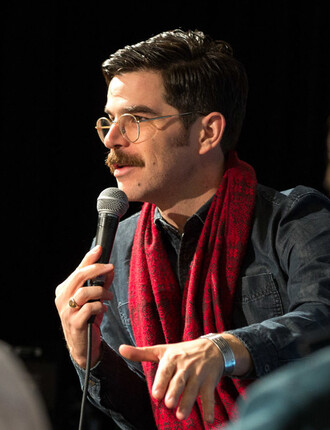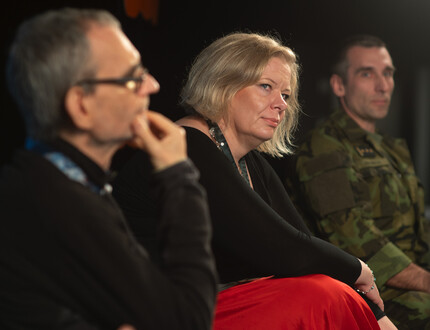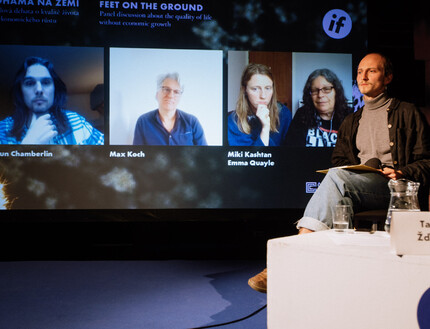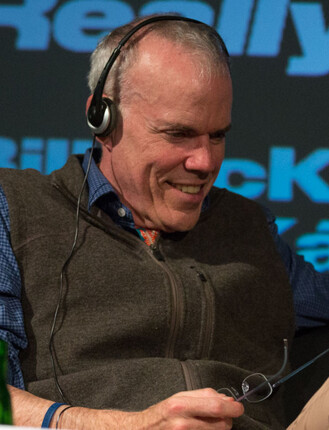Short-term electoral cycles lead to a focus on quick results and therefore short-term solutions. The Welsh have decided that their politicians must take into account the long-term impacts of their decisions when governing. Therefore, a long-term vision has been created, which is to ensure decent living conditions for future generations. Its goal is not endless economic growth, but the overall functioning of a social and economic system that takes into account the health of the population, the environment and the cohesion of communities.
This episode was originally released on June 3, 2020.
Global inequality in wealth distribution
The British organization Oxfam, which has long monitored the distribution of wealth, warned in its report this year “Time to Care” that economic inequality has gotten out of control: 2,153 people own more wealth than 4.6 billion. The report also pointed out the entrenched gender inequality of the economic system. It insufficiently values care for others, which is disproportionately performed by women and girls and thus earns much less. Oxfam estimates the financial value of care work at almost 11 trillion dollars, or three times the value of the technology industry.
How can geologists help save the planet?
Geologists are also concerned with the long-term consequences of our behavior. In her book Timefullness , Lawrence University professor Marcia Bjornerud uses the study of rocks to place the impacts of human existence on the planet's evolution within the long-term horizon of its evolution. She presents a new way of thinking about our place in time and shows how a deeper understanding of Earth's evolution can help us move toward a more sustainable future.
